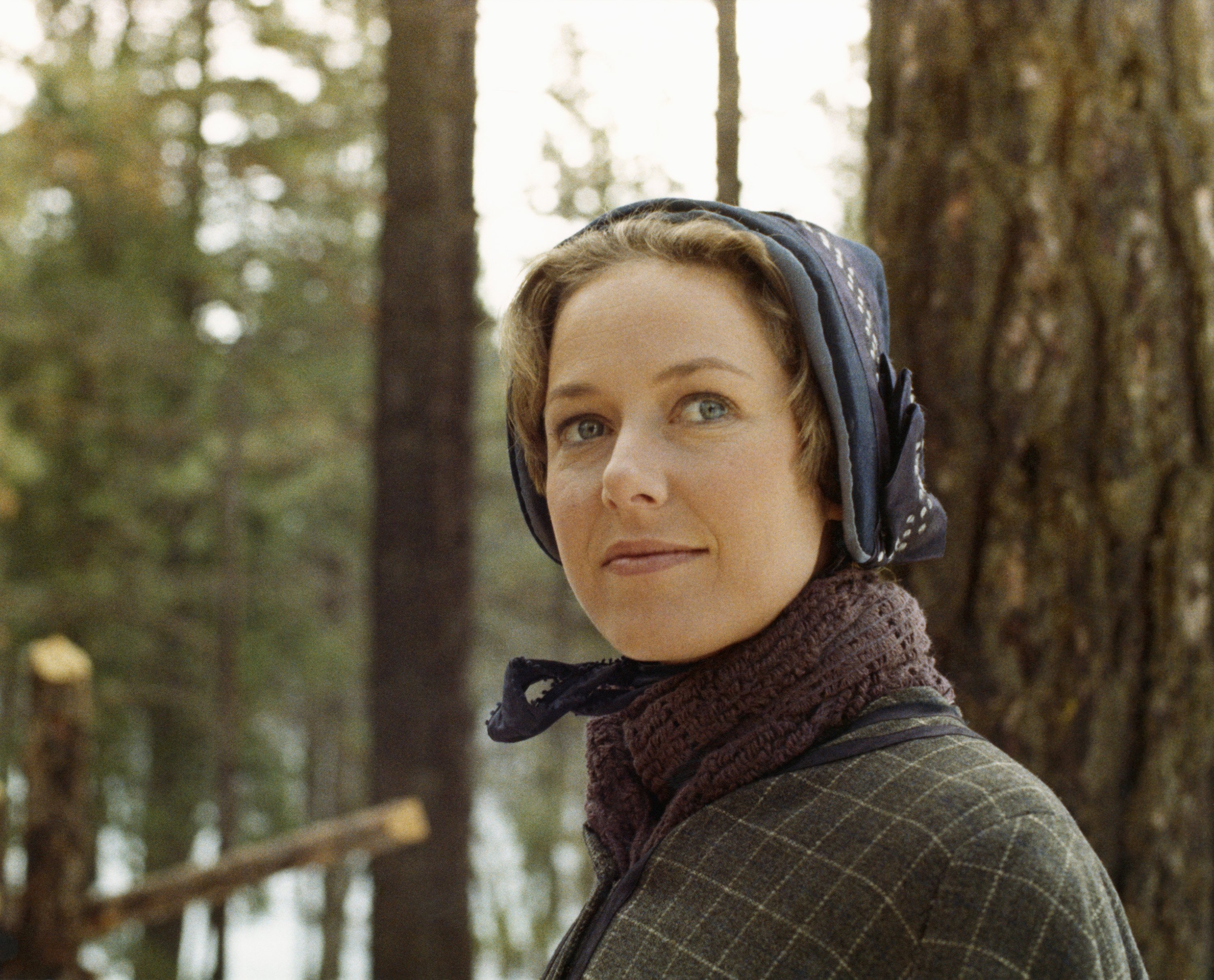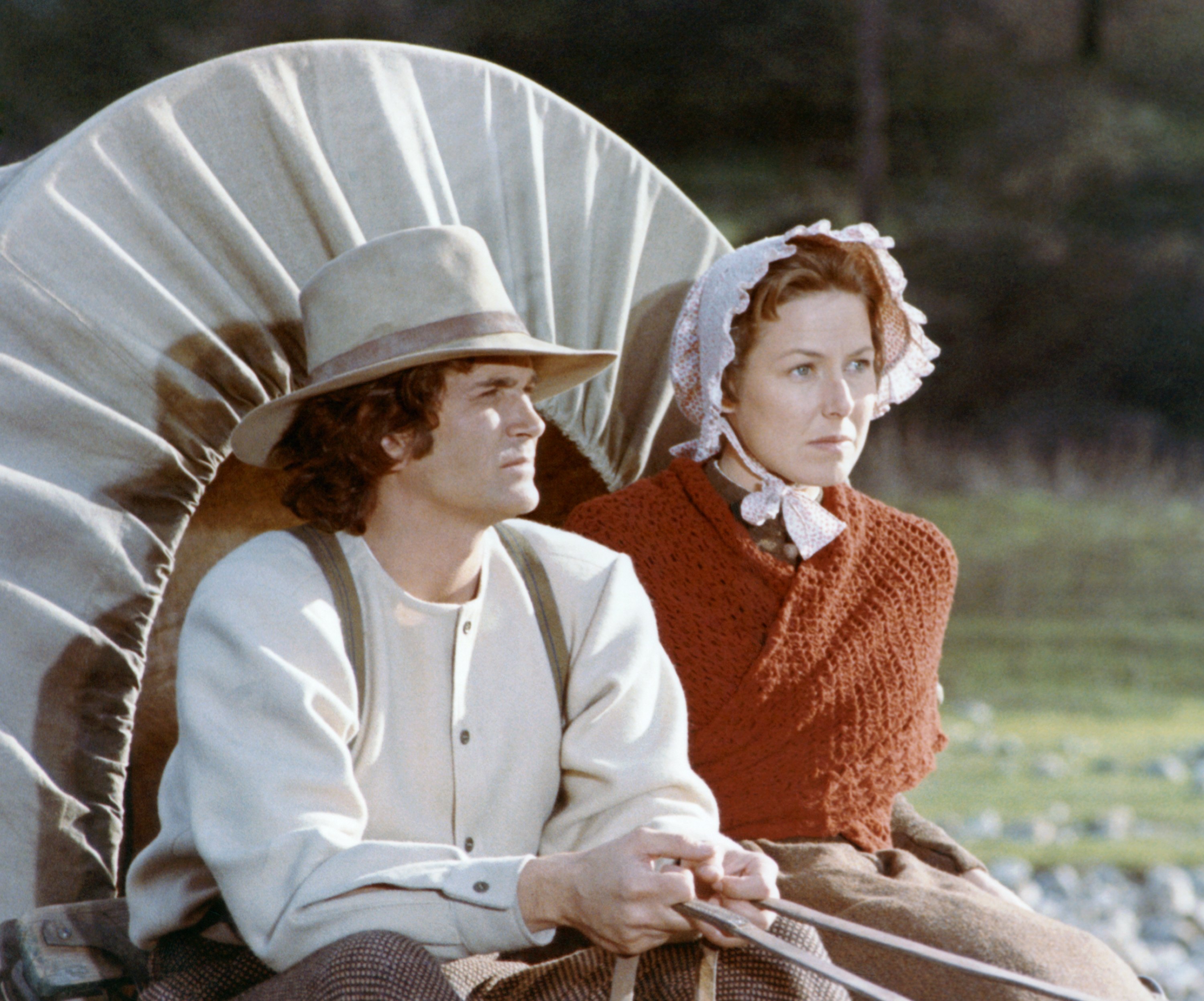Why ‘Little House on the Prairie’ Star Karen Grassle Changed Her Mind on Leaving the Show: ‘I Wept – They Had Me’
Michael Landon created Little House on the Prairie in 1974 and took on the lead role of Charles Ingalls. The Bonanza alum cast theater actor Karen Grassle to play his wife, Caroline, who lobbied for a salary increase when the NBC drama became a hit. When her requests were ignored, Grassle was ready to walk until she found out the potential windfall that could come her way if she stuck around.

Karen Grassle asked for a raise when ‘Little House’ hit the top 10
NBC knew they had a hit on their hands soon after Little House’s debut in 1974. The family-friendly series often topped the ratings, prompting Grassle to try negotiating for more money in her contract for the show’s second season. Her discussions with Landon on the matter went consistently downhill.
“Mike began to have private conversations with me to get me to give in,” Grassle told People. “He would say things like, ‘The network has done some testing and Ma is not the favorite character so they don’t want to give you more money’, or he’d say ‘You know, it’s a jungle out there’.”
The issue caused a strain in their working relationship, and Grassle noticed a cut in screen time for her character.
“As I held out for my money, Ma became the incredible shrinking woman,” Grassle wrote in her book, Bright Lights, Prairie Dust. “Watching Mike play his sensitive director role with guest stars while I was put on ice set off alarm bells inside me.”

‘Little House’ was headed for syndication
Grassle described meeting with her lawyer and agent over what she hoped would be an acceptable pay raise from the network and the end of negotiations.
“There they presented NBC’s offer to me,” the Little House alum shared. “It was a low offer, so I looked them square in the eye and said, ‘No. I don’t want to do this anymore’.”
When her attorney, Deane Johnson, explained to Grassle that Little House needed five full seasons to get into syndication, Grassle had a tough decision to make.
“When a show’s in syndication, you’re no longer working, but you get paid based on the contract you negotiate now,” Grassle recalled Johnson telling her. “Five seasons, and you’ll never have to work again.”
Karen Grassle stayed on ‘Little House’ but kept negotiations going
While most actors would be thrilled at the lucrative news, Grassle felt somewhat stuck. She didn’t want to remain on Little House under her current working conditions, but she also knew it would be foolish to walk away from financial stability – something she lacked in her early acting years.
“My insides twisted around themselves at the thought of going back to work in that punishing silence, to the phony acting I pretended not to notice,” Grassle wrote. “I knew how to live simply, but my insecurity about money, heightened during the trying years in New York and London, rolled around in my mind. I didn’t want to worry anymore about making the rent or panic if my car needed breaks.”
Grassle didn’t want to give in but knew she couldn’t walk away from solid monetary security. Still, she refused to accept their lowball offer of a salary.
“I wept,” the Little House star admitted. “They had me. But I told them: I’ll do it, but they have got to pay me more than this. A part of me thought, ‘Who do you think you are to hold out like this?’ The other part said, ‘If this is what I have to do, then at least I’m going to be paid market price for it.’ I dug in my heels.”
It took time for Grassle’s contract to be agreed upon, and the tense environment on set remained through negotiations. She eventually got her raise and has no regrets for standing up for herself.
“I knew I was not out of line,” Grassle explained. “I wanted to be paid commensurate with what leading actors on top ten TV series in the mid-1970s were paid. No more. No less.”


